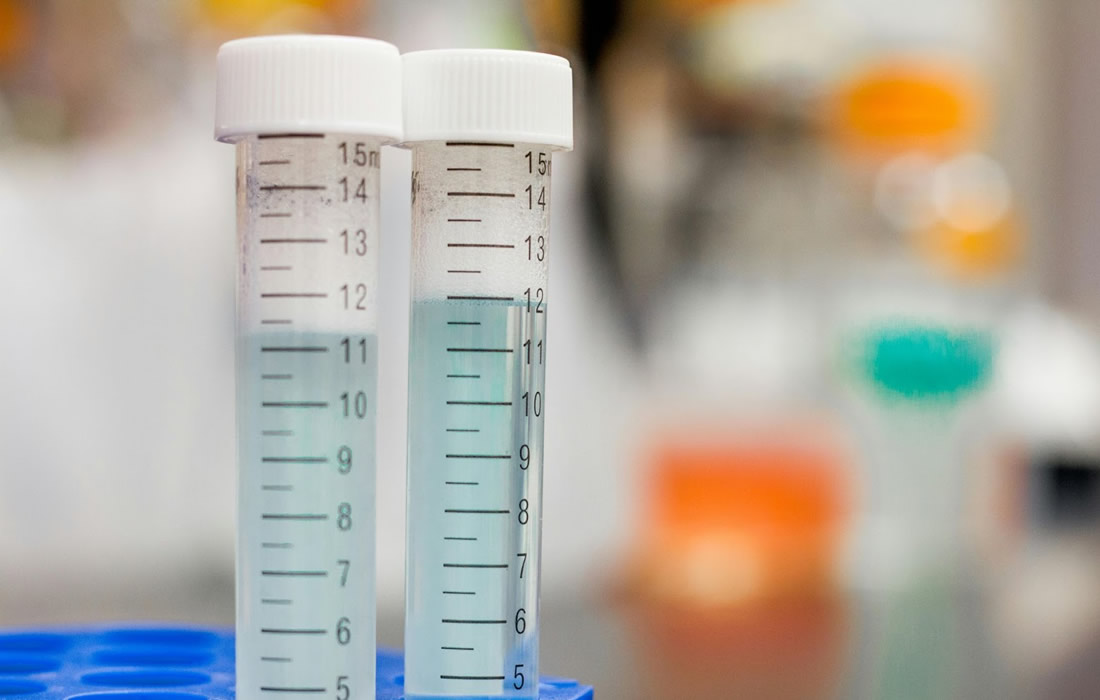Regenerative Medicine News and General Information
Knowing the Key to Identifying Which Post-Menopausal Women Will Benefit Most from Taking Anastrozole to Prevent Breast Cancer
Research has found that hormone levels are an important indicator of whether post-menopausal women who are most at risk of developing breast cancer will benefit from aromatase inhibitors such as anastrozole.
This type of drug is recommended by the National Institute of Clinical Care and Excellence (NICE) as an option for preventive therapy in postmenopausal women at high risk of breast cancer.
Post-menopausal women who have higher concentrations of the hormone oestrogen in their bloodstream are at higher risk of developing breast cancer.
Aromatase inhibitors stop the production of oestrogen and reduce the amount made in the body.
They are currently the most effective preventive agent for oestrogen-receptor positive breast cancer.
Led by Professor Jack Cuzick an international team of authors tested whether measuring oestrogen in the blood could identify which women at increased risk of breast cancer will benefit most from the preventive effects of an aromatase inhibitor.
The study analyzed data from the IBIS-II prevention trial, an international randomized controlled trial of anastrozole in high-risk post-menopausal women conducted from 2003 to 2012.
It found that there was a 55% reduction of risk of developing cancer in three quarters of the women receiving anastrozole.
However, women who had the lowest 25% of oestradiol levels showed a much reduced risk.
This suggests that inexpensive blood tests to measure hormones could identify those women who would benefit most from this medication, and offer them the best balance of managing cancer risk and side effects.
Professor Jack Cuzick said: “These results are very exciting, and can refine how we choose preventive medication for post-menopausal women at high risk of breast cancer. In our study the 25% of these women with the lowest oestradiol measurements benefitted little from taking anastrozole, while still suffering from the side effects of the drug. A simple blood hormone test could improve the benefit of anastrozole if we use it to select the patient’s best suited to take it. We now need to routinely assess hormone levels in postmenopausal women at high breast cancer risk before prescribing anastrozole, to identify those who are at greatest risk and will respond well.”
Sources:
Jack Cuzick, Kim Chu, Brian Keevil, Adam R Brentnall, Anthony Howell, Nicholas Zdenkowski, Bernardo Bonanni, Sibylle Loibl, Kaija Holli, D Gareth Evans, Steve Cummings, Mitch Dowsett. Effect of baseline oestradiol serum concentration on the efficacy of anastrozole for preventing breast cancer in postmenopausal women at high risk: a case-control study of the IBIS-II prevention trial. The Lancet Oncology, 2023; DOI: 10.1016/S1470-2045(23)00578-8
Materials provided by Queen Mary University of London. Note: Content may be edited for style and length.
Queen Mary University of London. “Blood hormone levels key to identifying which post-menopausal women will benefit most from taking anastrozole to prevent breast cancer.” ScienceDaily. ScienceDaily, 6 December 2023. <www.sciencedaily.com/releases/2023/12/231206115856.htm>.
Images from:
Photo by Martin Lopez
https://www.pexels.com/photo/two-clear-glass-test-tubes-954584

